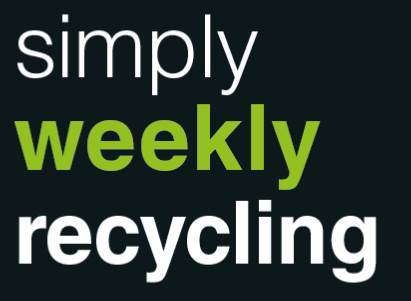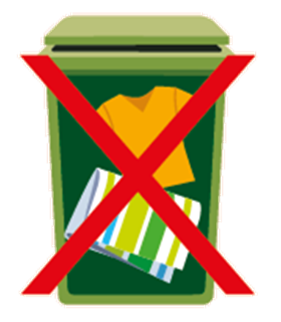COVID-19 guidance on the disposal of waste
Latest government advice here.
Quick guide to recycling
What if the Council can't recycle it?
Right thing, right bin
We're seeing more of the wrong things being put into green recycling bins.
Sometimes it's recyclable stuff that should actually go in your other recycling containers for food, textiles or glass. But sometimes it's non-recyclable rubbish that should actually go in your black refuse bin. Either way, it's expensive to sort this out from your green bin recycling, and recently we've lost some recycling through rejected loads.
It's hurting the environment and costing you money.
What's the problem - especially if it's recyclable, like glass?
It's about how the recycling companies work. With Simply Weekly Recycling we carefully considered this to get the best value for residents:
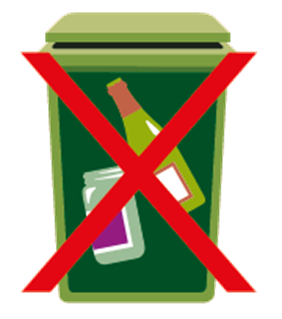 |
Glass in the green bin smashes and causes expensive damage to the machines that sort out your recycling. And glass shards reduce the value of your other recycling. That's why we ask you to put glass separately in your kerbside box. |
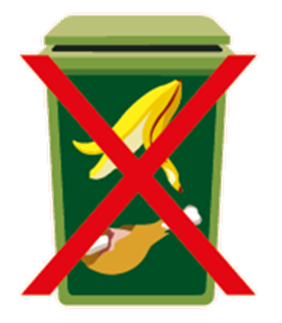 |
Food in the green bin is difficult and expensive to separate. It reduces the value of your other recycling, and once cleaned off has to be disposed of as refuse. That's very expensive. |
|
|
Textiles in the green bin get caught in the machines, causing damage, delays and cost. Full loads can be rejected as a result. Recycle textiles separately. |
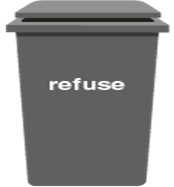 |
And, of course, if you put non-recyclable rubbish in your green bin it has to be sorted out and disposed of. And, again, it can result in completely full loads of recycling being rejected. That's even more expensive than simply putting your rubbish in your black bin to start with. Nobody wins. |
More
What if the Council can't recycle it? Why do we recycle fewer plastics now?
You might like to know that we're now recycling a little under 55%. That's well ahead of the national average. Recycling is part of what we can do to protect the climate. What you do really does make a difference, and we need to protect that. Thank you.
What happens to your recycling?
This is the really interesting bit. Where does your recycling go? What happens to it?
Learn more about recycling and waste.
